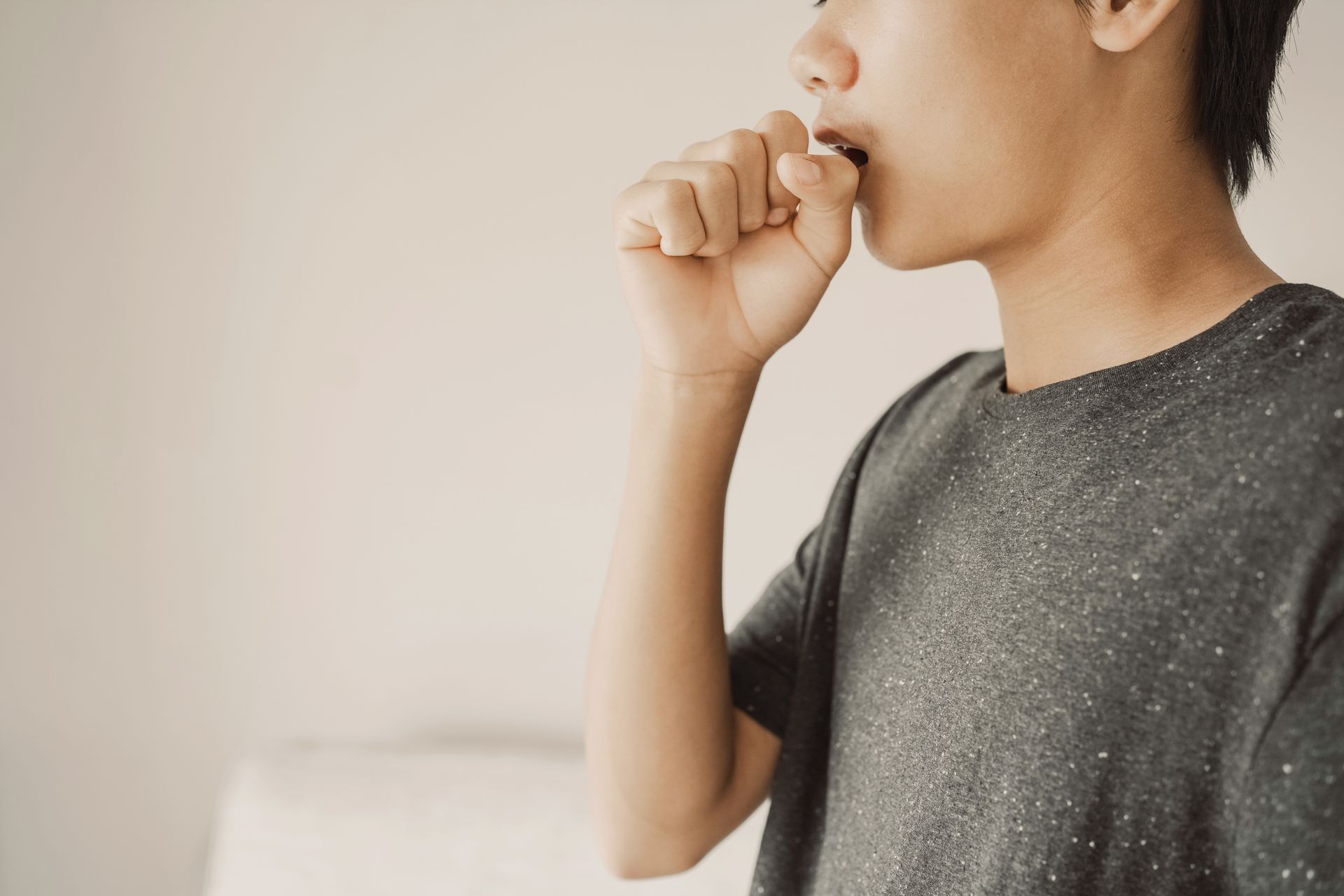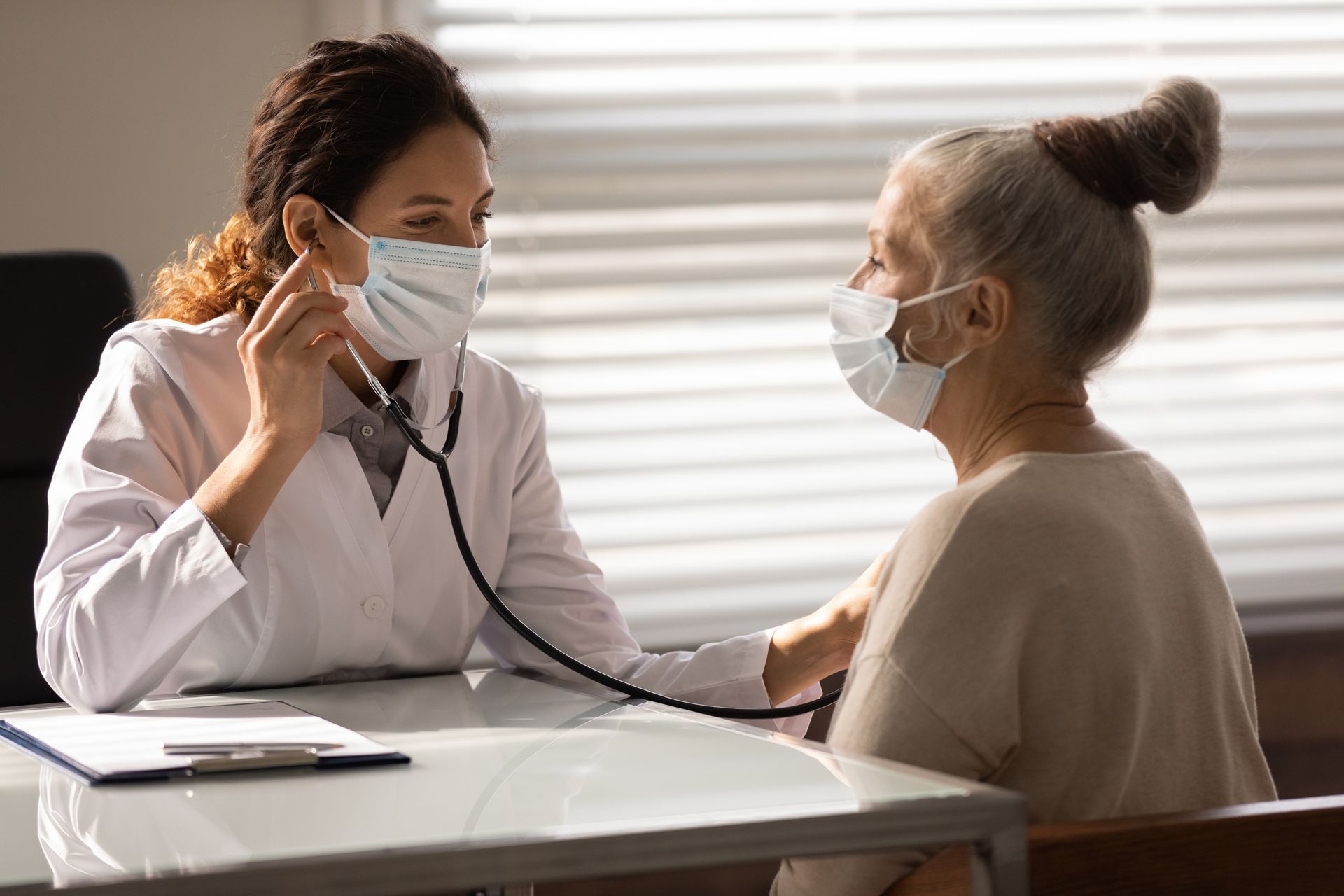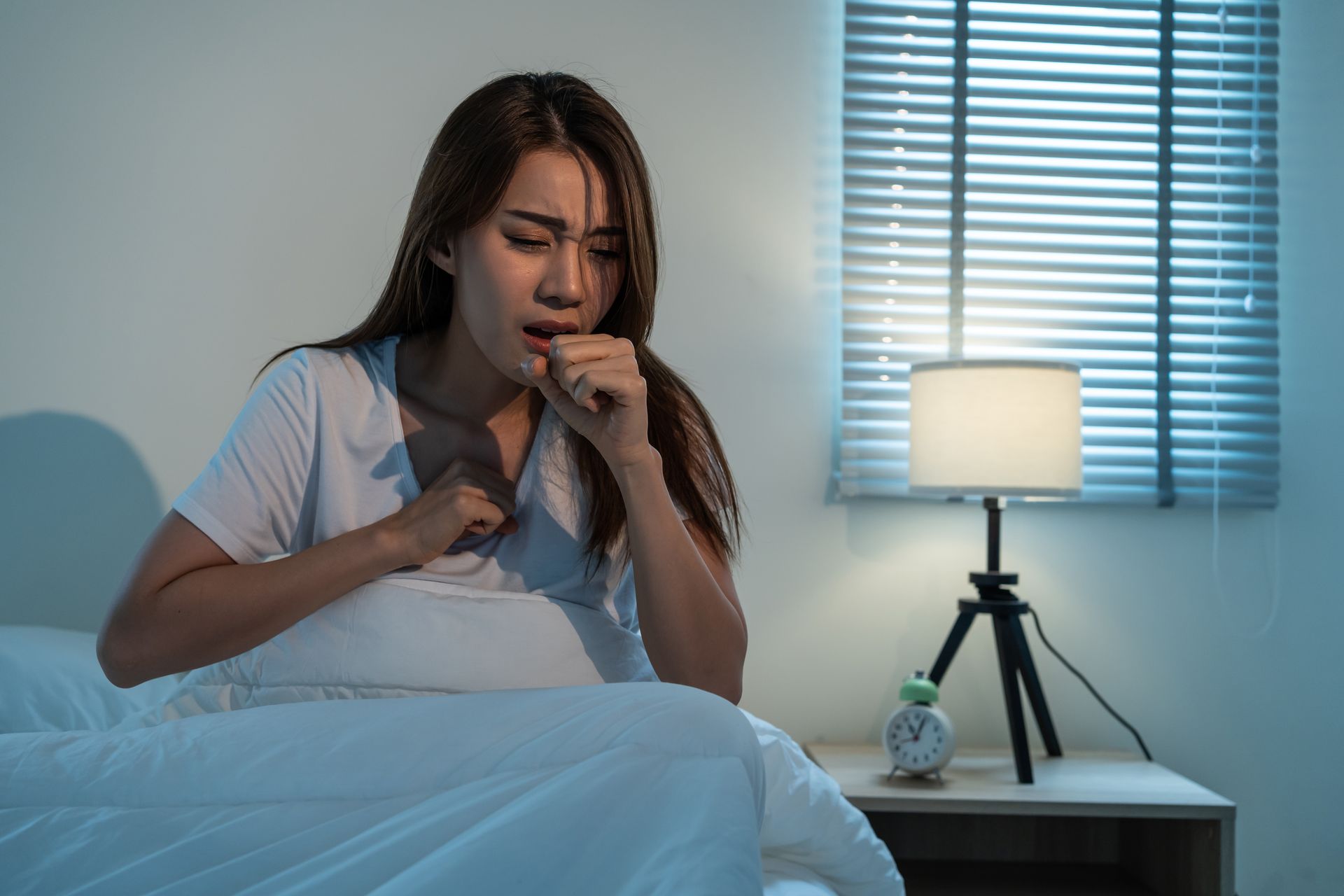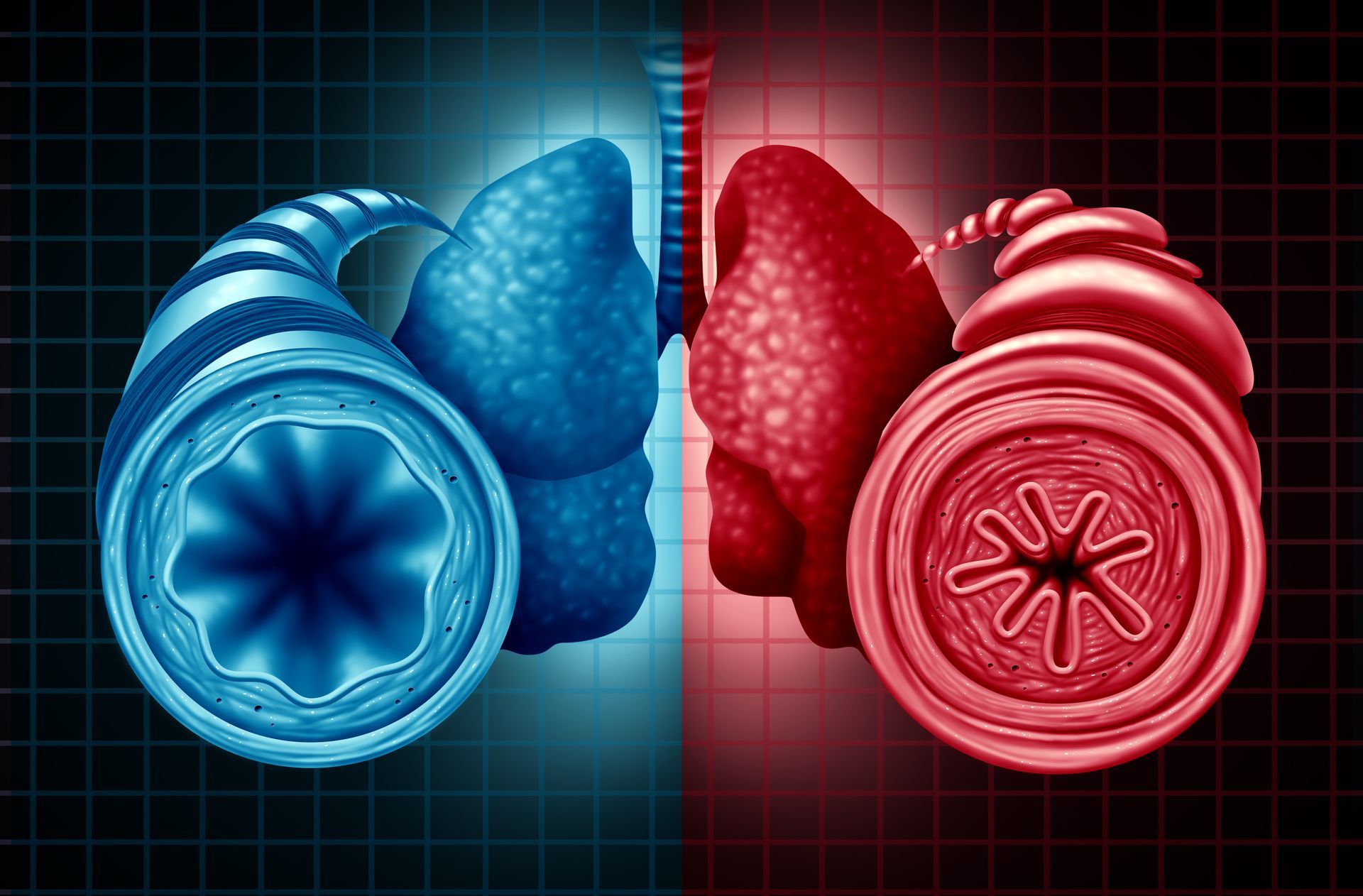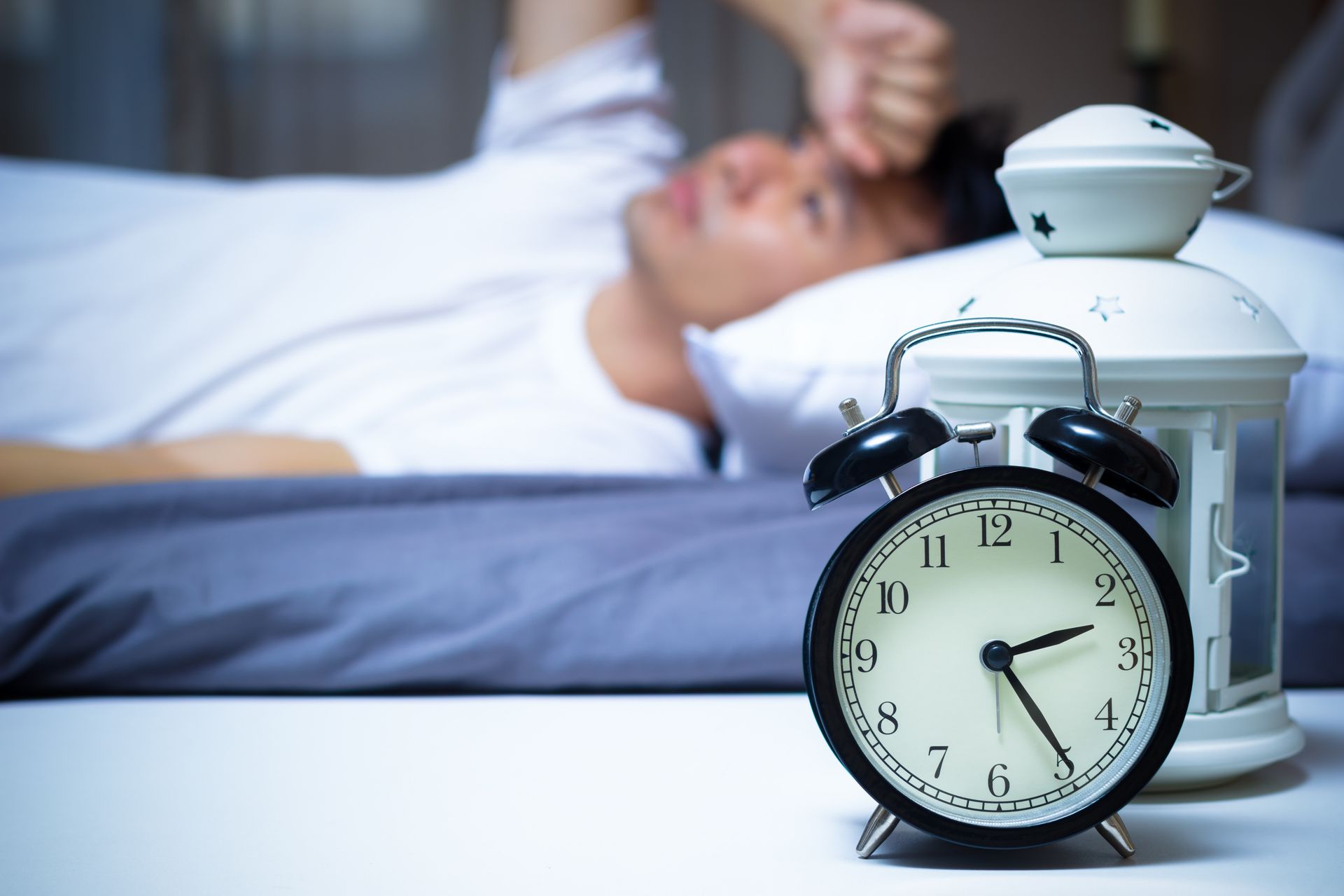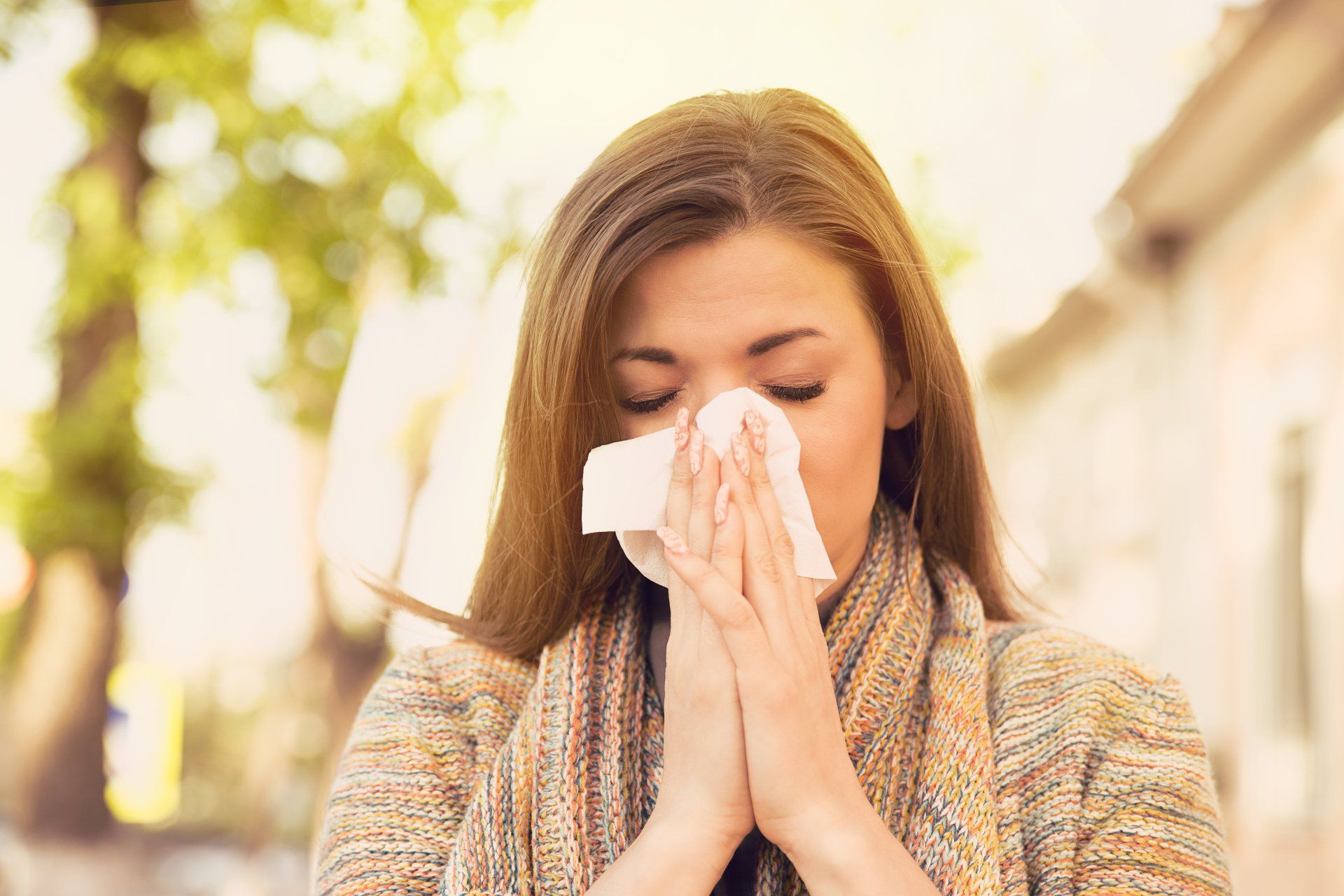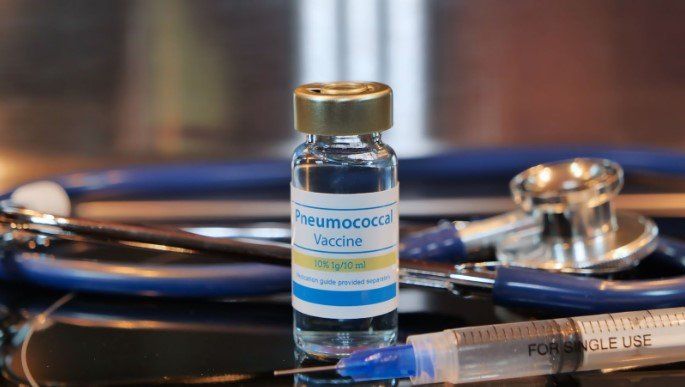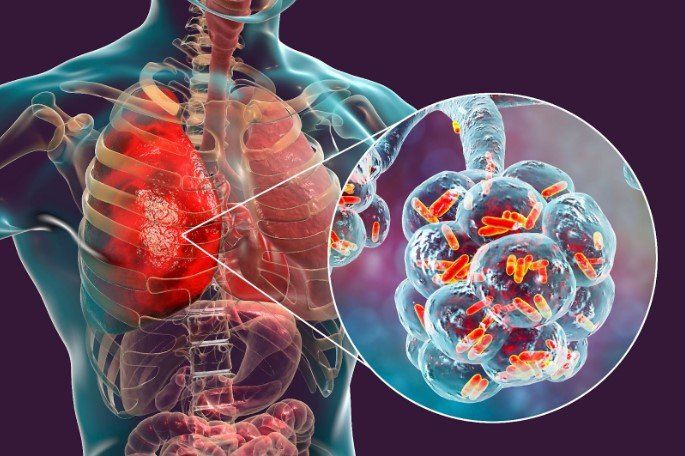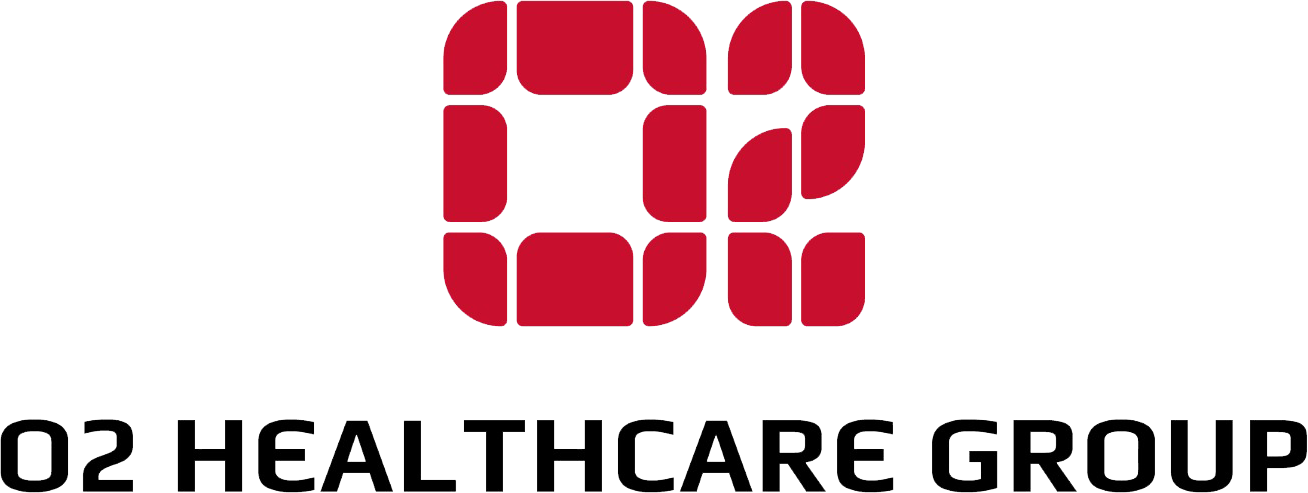Diagnosing Sleep Apnea

When a person's breathing is disrupted while asleep, they develop a severe sleep disorder known as sleep apnea. Untreated sleep apnea patients repeatedly stop breathing while they sleep, sometimes hundreds of times per night.
This is why you may have sleep apnea if you snore loudly and still feel exhausted after a full night's sleep. The most common types of sleep apnea are:
- Obstructive sleep apnea: This is the most common type of sleep apnea that happens when the neck muscles relax.
- Central sleep apnea: This type of sleep apnea happens when your brain fails to communicate properly with the respiratory muscles.
- Complex sleep apnea syndrome: This condition develops when a person has both central and obstructive sleep apnea.
Sleep apnea can lead to several health issues if it is not properly diagnosed and treated. Other health complications may include:
- Hypertension (high blood pressure)
- Stroke
- Cardiomyopathy (enlargement of the muscle tissue of the heart)
- Heart failure
- Diabetes
- Heart attacks
Diagnosis of Sleep Apnea
Your doctor or sleep specialist may conduct an assessment based on your signs and symptoms and a sleep history, which you can offer with the help of someone who shares your bed or household. Some signs and symptoms of sleep apnea to be aware of include:
- Loud snoring
- Gasping for air during sleep
- Dry mouth when waking up
- Morning headache
- Insomnia (difficulties in falling asleep)
- Hypersomnia (excessive daytime sleepiness)
- Irritability
A respiratory specialist can assist you in determining whether you need additional evaluation. An initial investigation will consist of a sleep study, which can be carried out at home or in an inpatient setting. Monitoring equipment will be attached to your head, chest, legs, and fingertips after you've adjusted to your environment. As you sleep, information such as your body's breathing, oxygen level, heart rate and the electrical activity of their brain will be monitored. This information is then converted into stages of sleep, wakefulness, and breathing interruptions.
A positive air pressure (PAP) device may also be used during the sleep study if the doctor believes you are highly likely to have sleep apnea. This is referred to as split-night sleep study. .
Your doctor will give you advice on how to prepare for a sleep study including whether you need to adjust your diet or medication that day
Basic Treatment
The goal of treatment is to restore normal sleep breathing and take care of any underlying health issues. Different alternatives will be provided depending on the root cause and the severity of the symptoms.
Continuous positive airway pressure (CPAP) therapy
For sleep apnea, this is the primary treatment. It keeps the airway open by gently giving a steady stream of positive pressure air through a mask.
Some patients find it difficult to use CPAP and abandon the therapy before seeing any long-term improvements. But there are various ways to make the equipment more comfortable and the adjustment process less challenging. For example, a user can change the mask's parameters. Nasal discomfort may be eased by adding moisture to the air passing through the mask.
Surgery
Various surgical techniques can expand the airway in patients with obstructive sleep apnea. Surgery can be used to stiffen or shrink obstructive tissue and to remove extra tissue or big tonsils.
Depending on the complexity of the surgery, the patient may have it done in a hospital or a doctor's office.
Medication
Some medications may be prescribed to help with sleep apnoea but these should only be taken after consulting a sleep specialist.
You Deserve A Restful And The Best Sleep
People frequently experience sleep apnea, which makes breathing pause while asleep. It can cause fatigue and difficulty functioning and may indicate an underlying problem.
If you’re experiencing
hypersomnia (excessive daytime sleepiness) and suspect this is due to sleep apnea, you should consult a doctor, who can help them determine the cause and the best course of action to take.
Looking for a sleep specialist in Singapore? Get specialist care at Respiratory Medical Associates
Respiratory Medical Associates is an established specialist group that is recognised as one of Singapore’s leading experts in the diagnosis and treatment of lung, sleep, and allergy disorders. These can range from persistent coughs, spots on the chest X-ray to lung infections such as bronchitis, pneumonia, and tuberculosis.
In addition, we also treat chronic disorders such as asthma, chronic obstructive pulmonary disease (a lung disease caused by smoking), lung fibrosis, obstructive sleep apnoea, as well as food and drug allergy. Enquire now at https://www.respmed-associates.sg/





